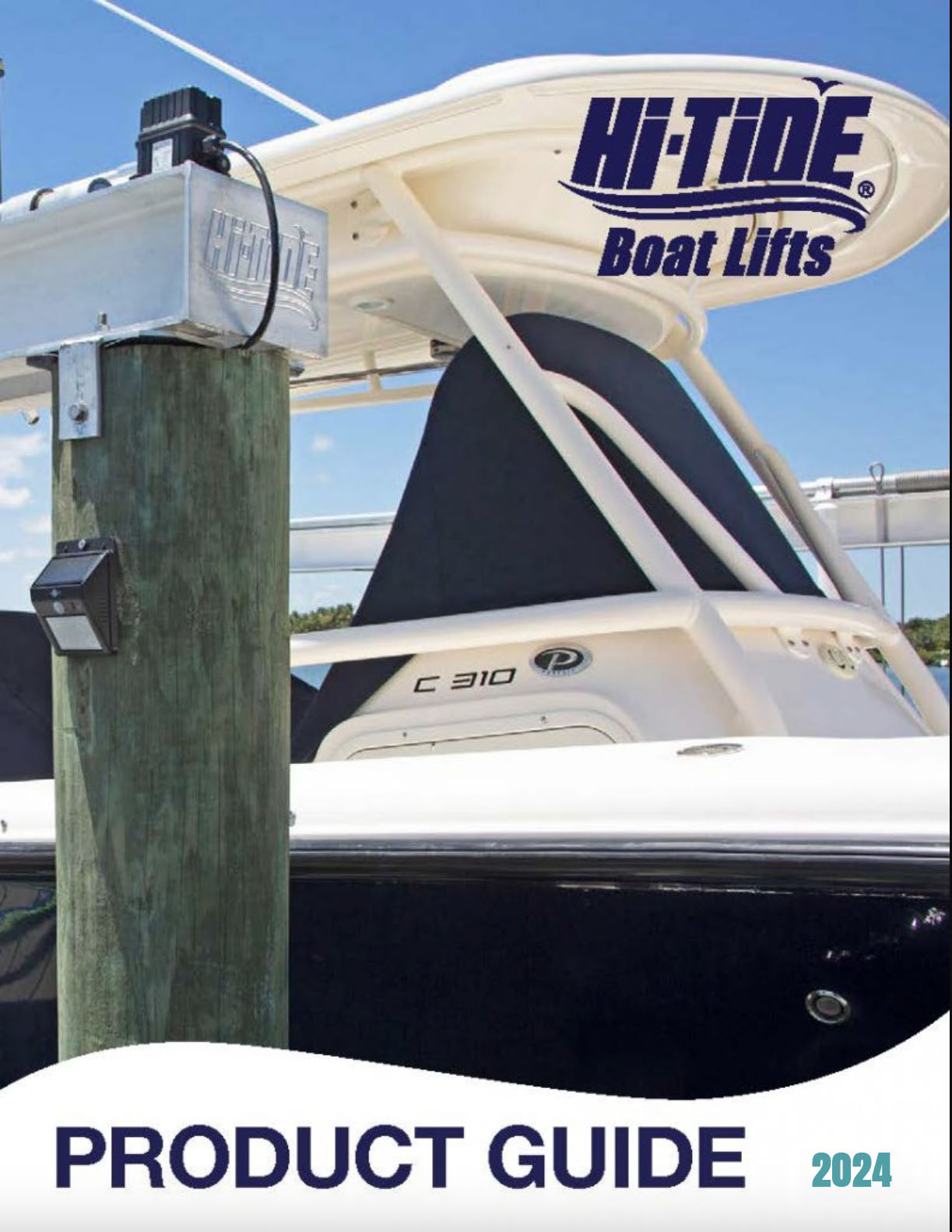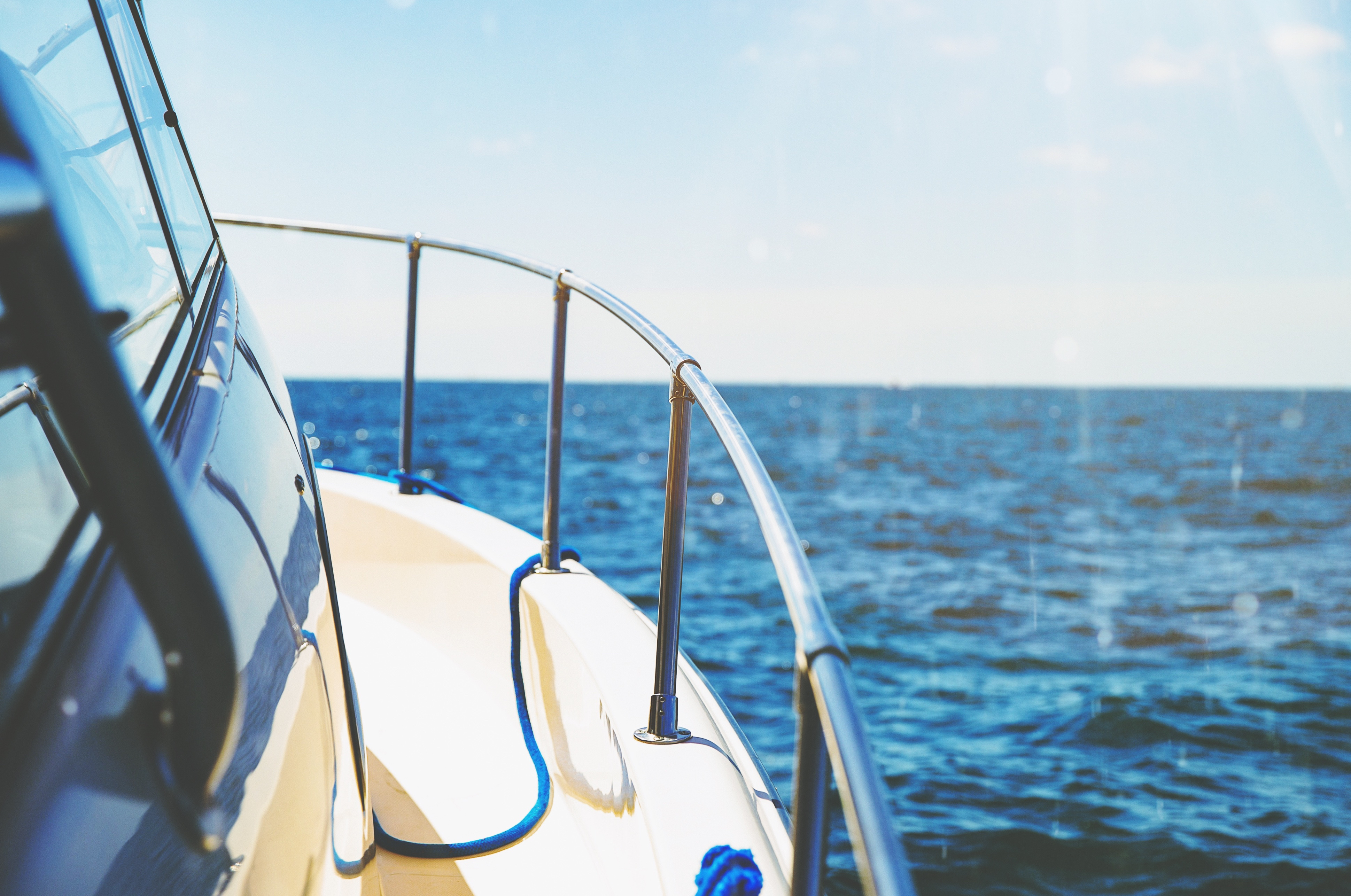
Even if you feel like you could navigate your favorite boating spot with your eyes closed and one arm tied behind your back, there’s still one thing that many boaters–even the experts–forget to brush up on: Florida boating laws. OK, now. Stop your yawning and sneering. Knowing your boating laws goes a long way in not only ensuring safety on your next excursion, but also being able to have a better time without the worry of breaking boating regulations.
Florida Boating Laws You Should Know
From expert boaters to relative newbies, everyone on the water should know:
- Speed Kills: Excessive wakes can be harmful to sea life and fellow boaters. Never create a hazardous wake, obey “minimum wake” and “slow” signs, and operate at the slowest speed possible in no-wake zones.
- Registration is Required: With the exceptions of canoes, kayaks, and other row-style boats, as well as non-motor-powered boats under 16 feet long, all vessels must be registered within 30 days of purchase. Registration, which is conducted through your local tax collector’s office, must be on board at all times.
- You Must Report Accidents: Like a car accident, it is illegal to leave the scene of a boating accident without first reporting it to the authorities. Additionally, you are responsible for administering as much aid as possible to those involved. If the accident involves injuries more serious than what a first-aid kit can handle or causes damages of $2,000 or higher, you must contact the sheriff’s office and the Florida Fish and Wildlife Conservation Commission as quickly as possible.
- Safety Devices Save Lives: U.S.-Coast-Guard-approved personal floatation devices (PFDs) are required to be on board–one for each person. Though not mandatory by law, it is highly encouraged that every passenger (and the operator) wear PFDs at all times. Children under six years of age must wear a PFD whenever the vessel is underway. Navigation lights are required to be turned on in low visibility conditions, as well as at nighttime.
This is just the tip of the iceberg when it comes to Florida boating laws and regulations, but luckily, there is an entire, easy-to-access guide full of helpful information like the above. Before hitting the water again, take a look at the Florida Fish and Wildlife Conservation Commission’s website. You just may learn a thing or two.
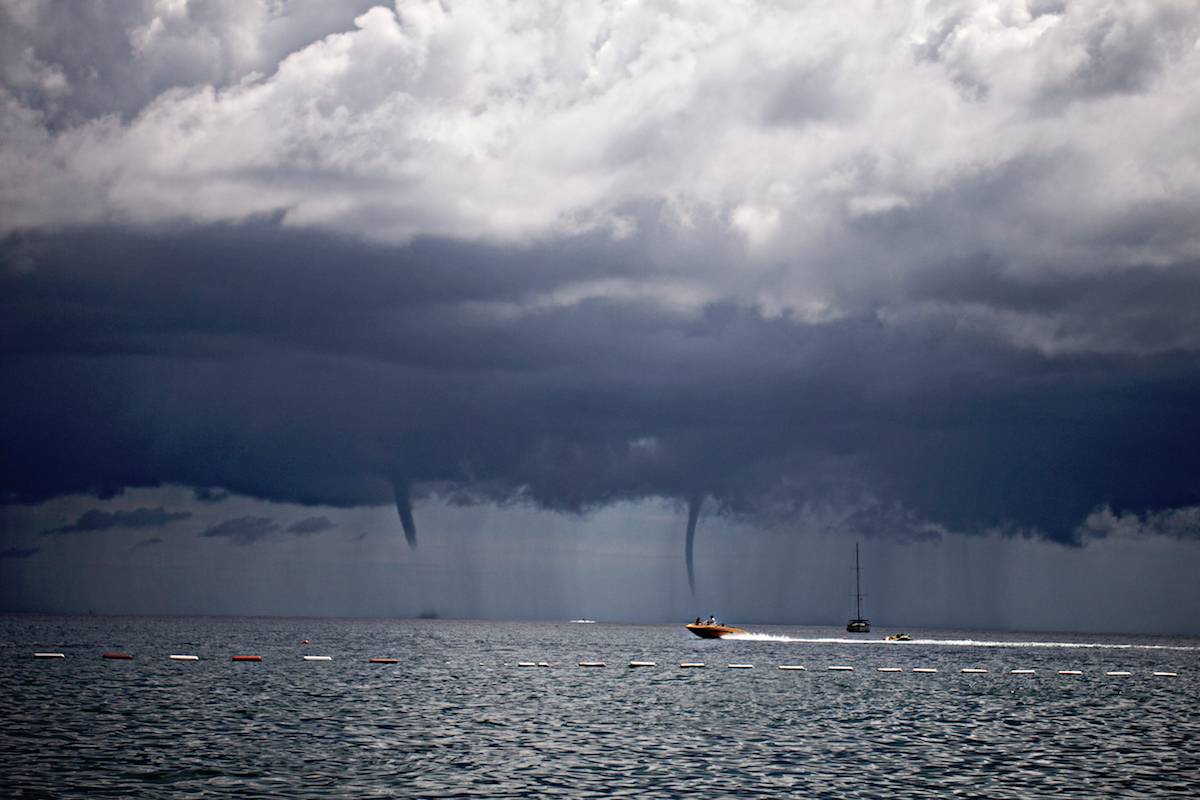
With hurricane season 2017 quickly approaching, it’s officially time to make sure your boat can handle the weather woes that may be headed our way: powerful waves, devastating winds, torrential rain and more. Though we all hope for a quiet season, this is one case where the “better safe than sorry” mantra definitely applies. So, what can you do to make sure your boat is shipshape when the next “big one” comes knocking?
How to Prep for Hurricane Season 2017
- Call me maybe: Though texting and tweeting may have made actually calling on the phone a rarity, you may want to ring your boat insurer and marina or dock owner to get the lowdown on what you’re covered for in case of a storm. Just as importantly, you can find out what the insurance company expects you to do to prepare for a hurricane. If you don’t do everything expected of you by your insurance company, you may have to foot the bill for repairs after the hurricane wreaks havoc.
- Check it out: Just like your pre-departure checklist, you should also create a to-do list of steps to take once a hurricane watch is announced, including the likes of safety equipment to check, legal paperwork to put together and items to stow safely on shore.
- If you gotta go, you gotta go: Never–and we mean ever–try to ride out a hurricane in order to keep an eye on your boat. Though you may see your vessel as an extension of the family, the truth is, you should never risk your life for it. Do your best to prepare for the storm and then stay out of its way.
Hurricane season 2017 is coming, and with it, the risk of big storms and major damage. We’ve been mostly lucky in recent years when it comes to hurricanes, but, as we all know, luck can only last so long. Do your due diligence, call your insurance company and marina/dock owner, write up a hurricane season 2017 to-do list and, most of all, get out of the way of the storm or stay safely sheltered if it becomes apparent that you’re in the line of fire. Here’s to a season of safe boating!
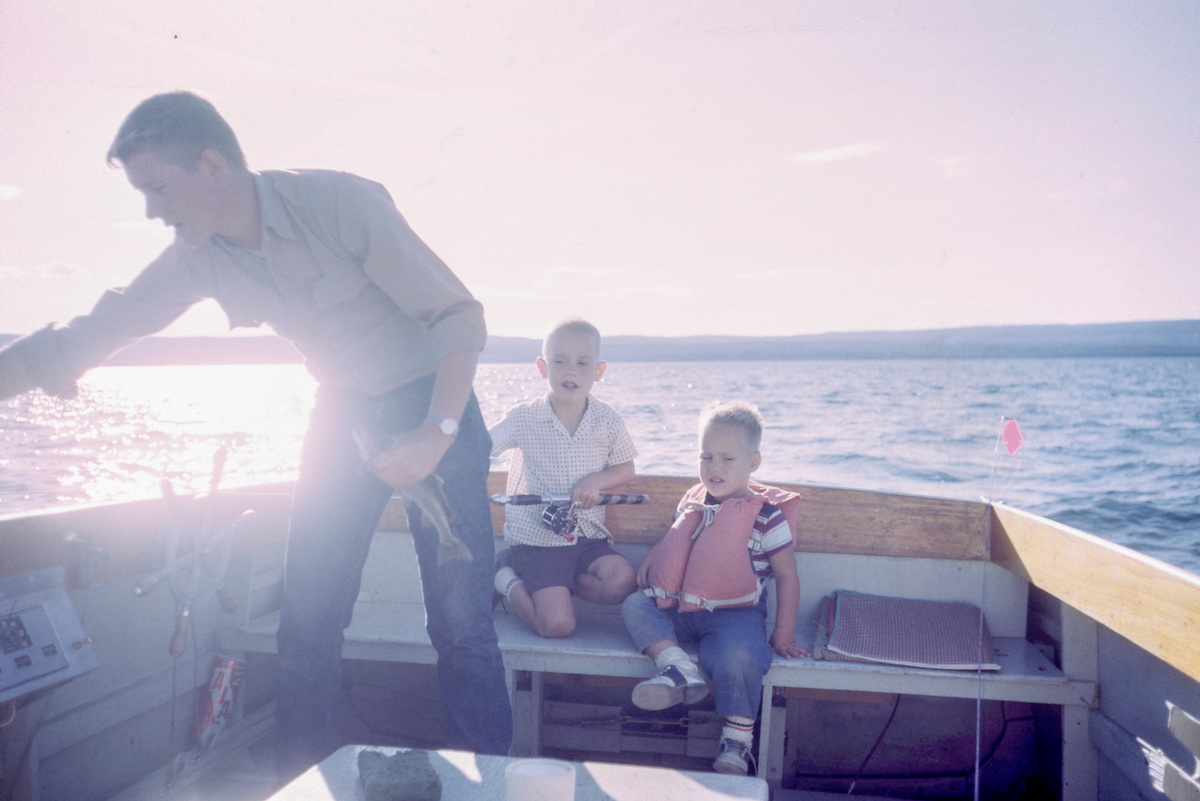
There is no question when it comes to boating safety: you either make it a priority or you put yourself and everyone else on the water at risk of injury, boat damage or worse. Though simple tips like keeping fire extinguishers onboard, wearing personal floatation devices and utilizing emergency locator beacons can be literal life savers, should you consider taking boating safety courses?
The Benefits of Taking a Boating Safety Course
We know, we know. You’re probably an experienced boater who feels pretty confident that they know their way around their boat and favorite waterway. You very well may, but there are always blind spots or bad habits that you may not even recognize you’re doing every time you hit the water.
Some of the learning opportunities include:
- Environmental Protection: Staying on the right side of environmental protection of your favorite lake, stream, river or shoreline isn’t just the right thing to do, it’s also very often the law. From pollution prevention to low-wake zone awareness, there are small steps you need to know before making a big, negative impact on the environment.
- Boat Operation: Though you may feel like you have the hang of operating your vessel, there are some easily overlooked best practices that can help you avoid collisions, run aground or otherwise damage your boat.
- Emergency Procedures: From fires to dangerous weather, when you’re facing an emergency on the water, every second counts. A boating safety class can teach you the right procedures in a number of critical situations possible while boating.
- Navigation: Even if you know your favorite boating spot like the back of your hand, there are too many variables to go without trip planning and preparation. These classes can teach you the safest ways to plan your next boating trip.
- Equipment: Even the safest boaters should know what equipment could save their lives in emergency situations. Ensure that all of your safety equipment is up to the task of keeping you and yours out of danger.
If you’re a new boater, boating safety courses are a no-brainer. Why not start this exciting hobby from a foundation of knowledge and safe practices? For you more grizzled, practiced boaters who haven’t taken a boating safety course, why wouldn’t you want to brush up on your skills? It’s worth it to know that you’re boating as safely as possible, especially if you boat with friends and loved ones. Safety first–fun, a very close second.
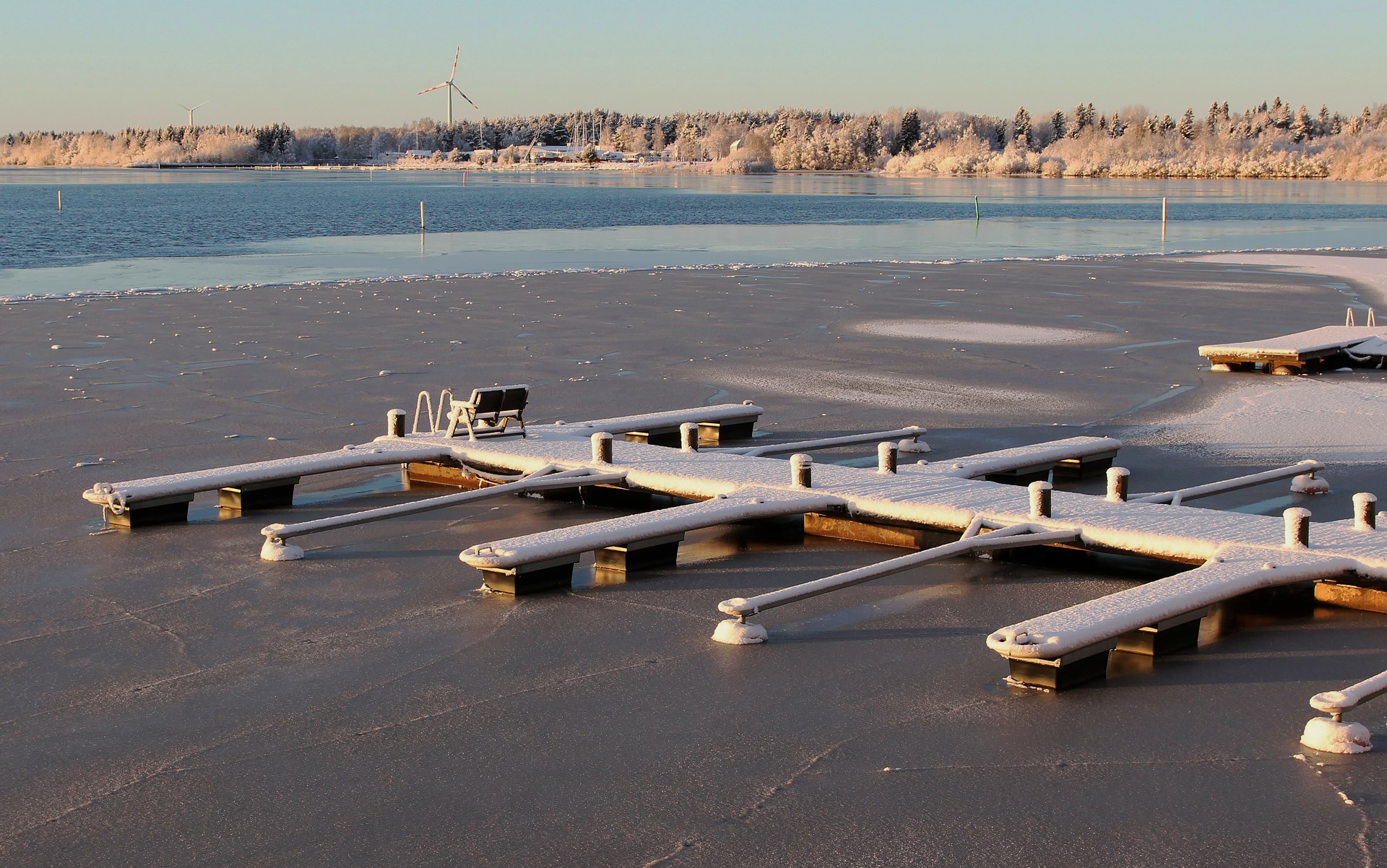
Though winter is full of the holly jolly fun of the holidays, for our friends up North, it also brings something a little less cheery—ice-cold temperatures. Sure, you can bundle up, crank up the heater and throw some logs in the fireplace, but what about your boat and dock? If you hope to keep your vessel afloat come spring, there are a few key things you need to do. Luckily, winterizing your boat and dock is simple with this handy checklist.
Winterizing Your Boat and Dock Before the Big Freeze
- Keep it Clean: Many boaters don’t take their boats out as often in the winter months, especially during the coldest months of the season. Before you take your boating break, be sure to clear your ship of any food on board, deep cleaning all lockers, storage areas and refrigerators or freezers you may not touch on the average trip.
- Check the Essentials: Fire extinguishers, life jackets, mooring gear and other important facets should be checked and replaced, if necessary, before your next outing. A professional tune-up and maintenance check is also never a bad idea.
- Think Tanks: During the cold winter months, it is vital that you fill your gas tank to about 95% capacity and add stabilizer to the tank. If you don’t, there is a major risk that the ethanol in your gasoline will absorb enough moisture in the cold to separate from the fuel, which can be deadly to your engine.
In addition, consider disinfecting holding tanks, then running antifreeze through them.
- Clean and Inspect Your Dock: Just like your boat, a seasonal inspection is vital to making sure your dock is ready to handle what winter has in store. Look, especially, for structural damage or weaknesses, as well as any debris that may keep your dock from rising and lowering as it’s supposed to.
Now is also the time to clean your deck, removing mold and grime and ensuring that it is properly repelling water.
Though cold waters don’t keep everyone from getting in their boating fix, for those who prefer spring and summer cruising, it is important to prep for a little aquatic hibernation by winterizing your boat and dock. Other than the above steps, simply keeping tabs on the weather, asking a neighbor to keep an eye out for you, or even scheduling a mid-winter checkup could go a long way towards keeping your ship safe until the sun can warm those waters again.
Us Floridians wish you luck.
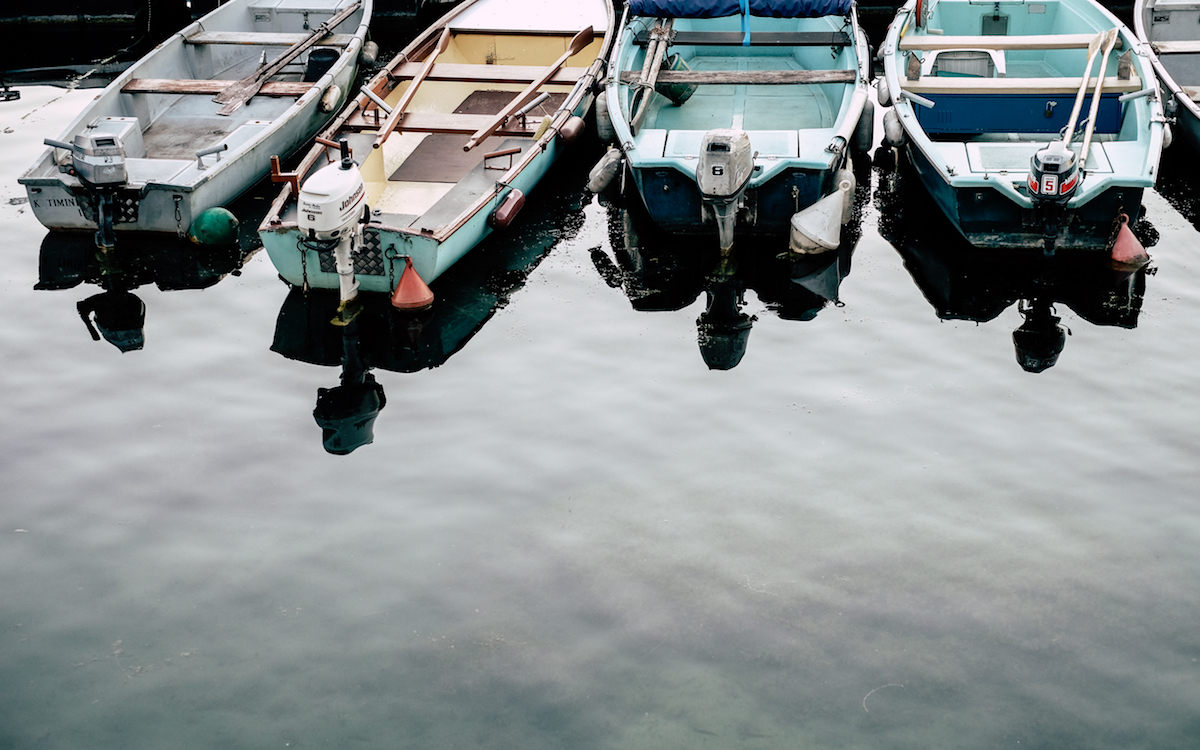
Whether you’re a new boater or hitting the water for the first time in a long time, boating for beginners has never been easier thanks to some great online resources and a worldwide community of boating enthusiasts that are often happy to lend advice. We love being one of these ambassadors to boating, so before your next (or first) boating trip, keep the following beginner tips in mind to have both a safety conscious and fun time with your friends and family on the water.
Boating for Beginners
- Make a List and Check it Twice: Good advice for not only the inexperienced, you should always prepare and utilize a pre-departure checklist. These checklists often include the likes of battery, gas, and oil checks, life vest and safety equipment review and weather analysis to name a few. Proper preparation can make all the difference when taking your boat on the water.
- Keep the Alcohol on Land: Though you may be the life of the party on land, leave the drinking for after your day of boating is done. Alcohol drastically increases the risk of boating accidents for even the most experienced of boaters.
- Safety (Check) First: Did you know that the U.S. Coast Guard offers free vessel safety checks? Not only do these checks help ensure that your boat is in good shape for your next boating trip, but your inspector is also available to give you some key safety advice and answer questions that first-time boaters may have.
- Plan on a Float Plan: An easy way to give yourself an additional level of safety is to create a float plan. By filling out a float plan and leaving in the hands of a trusted individual on shore, you give yourself a safety net that provides a description of your vessel, a list of your passengers and planned whereabouts, all of which can be vital to your rescue if you don’t report
- Don’t be a Showboat: Operate your vessel safely and obey all posted speed and wake limits. Especially when just getting the hang of your vessel, it’s important to never be reckless while on the water. Stay vigilant and obey the laws of the waterway.
Boating can seem intimidating to some newcomers, but if you’re armed with these safety best practices, you and yours can enjoy the passion of boating that we all share. With a bit of practice, knowledge and experience, boating for beginners can be a breeze.
Information Cited: http://www.discoverboating.com/beginner/safety/tips.aspx






